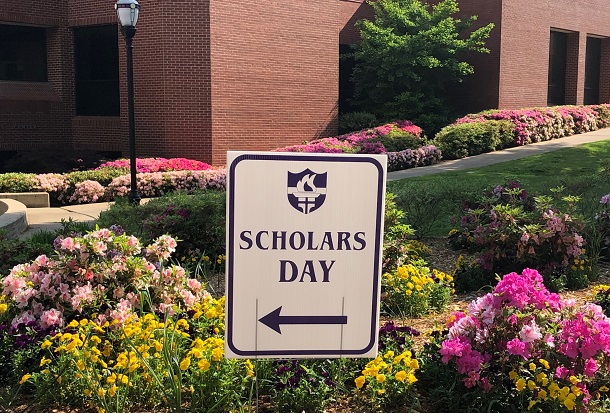Presentation Type
Presentation
Department
Psychology
Location
McClellan Hall Room 205
Description
Individuals with disabilities are often misunderstood, pitied, or even intentionally ignored by society. One huge way that this population can be helped is through community outreach programs that provide physical, mental, and social stimulation for those with disabilities. Individuals with intellectual and developmental disabilities (IDD) make up a portion of the population that wants to be and should be associated with experiencing these milestones; we are under a period of expansion in which the standards for the IDD population are being raised. The research to identify the best methods of program set-up for IDD individuals is expanding, with peer-mentoring in college as well as community-based transition programs showing significant improvement and benefits for all involved (Farley et al., 2014). College campuses provide the ideal environment for persons with disabilities to interact with neurotypical peers, practice independent life skills, and increase self-determination (Schillaci et al., 2021).
Creative Commons License

This work is licensed under a Creative Commons Attribution 4.0 International License.
Integrating Individuals with Intellectual and Developmental Disabilities Through Transitional Programs on a College Campus
McClellan Hall Room 205
Individuals with disabilities are often misunderstood, pitied, or even intentionally ignored by society. One huge way that this population can be helped is through community outreach programs that provide physical, mental, and social stimulation for those with disabilities. Individuals with intellectual and developmental disabilities (IDD) make up a portion of the population that wants to be and should be associated with experiencing these milestones; we are under a period of expansion in which the standards for the IDD population are being raised. The research to identify the best methods of program set-up for IDD individuals is expanding, with peer-mentoring in college as well as community-based transition programs showing significant improvement and benefits for all involved (Farley et al., 2014). College campuses provide the ideal environment for persons with disabilities to interact with neurotypical peers, practice independent life skills, and increase self-determination (Schillaci et al., 2021).




Comments
This poster was presented as part of a course taught by Dr. Allyson Phillips.